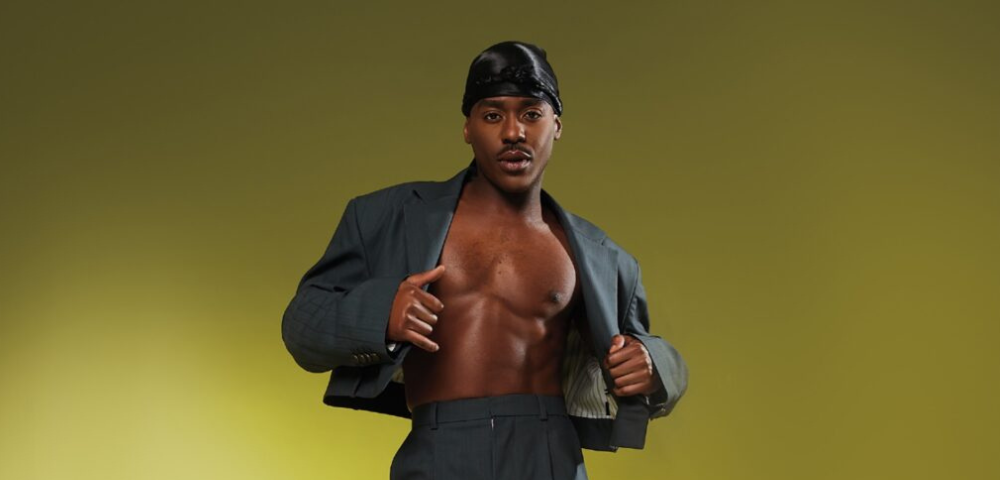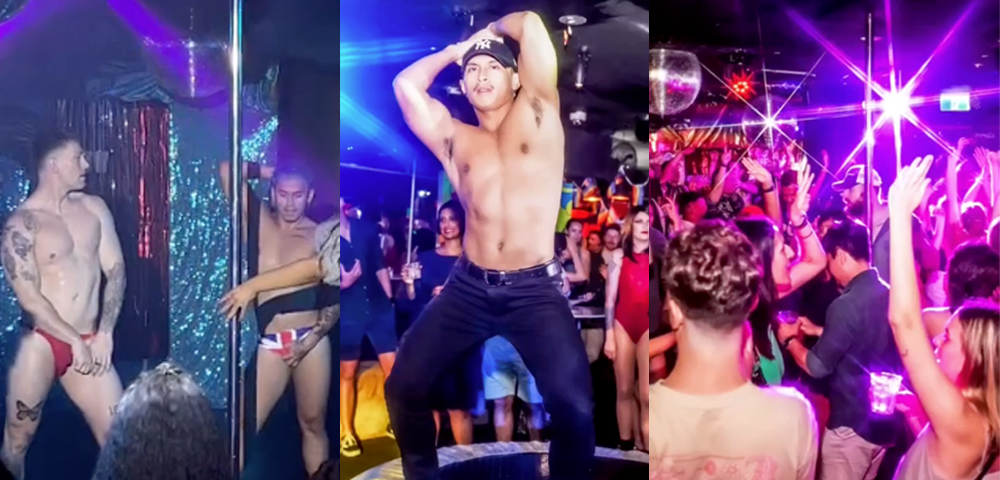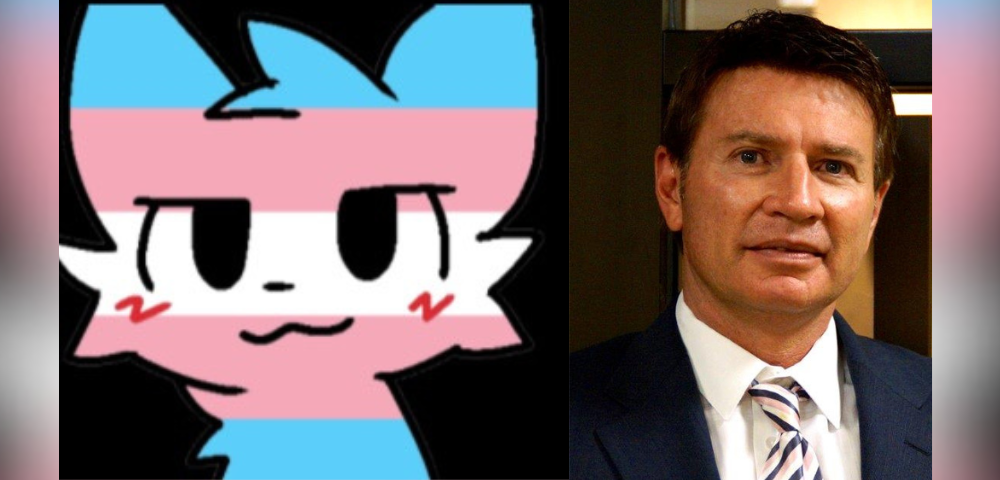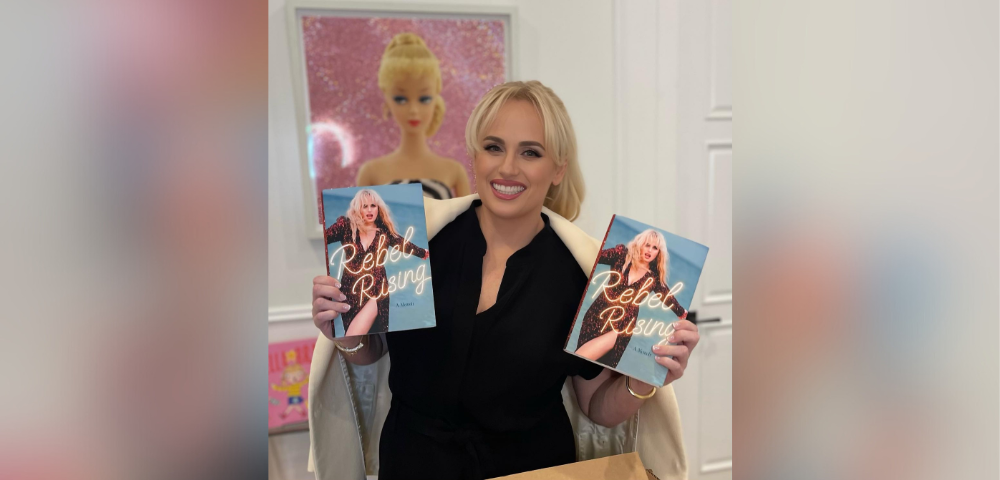
Further research into lesbians and alcohol begins
Lesbians and bisexual women are more likely to binge drink in Australia but Melbourne researchers are investigating how their sexuality is linked to this dangerous behaviour. Melbourne University and Turning Point Alcohol and Drug Centre are surveying same-sex attracted women across the country to understand how social attitudes affect their drinking habits.
The latest research into Australian lesbians and alcohol abuse found 55 percent drank enough to put themselves at a lifetime risk of alcohol related diseases and injury, compared to just 11 percent of women in the wider community.
Melbourne University associate professor Ruth McNair told the Star Observer that alcohol abuse in the LGBTI community was very significant.
“It’s one of the big issues, I think. We’ve had some focus now on depression and anxiety which is good and we’ve had some focus on illicit drug use, especially amongst gay men,” she said.
“But very little focus among smoking and alcohol which is surprising because the numbers are much, much bigger.”
While the existing research has shown lesbians have been prone to alcohol abuse, it has yet to explain why.
“The cultural setting in which we live plays an incredibly important role in terms of the choices we make,” Turning Point director Professor Dan Lubman said.
“For example, people living in Middle Eastern countries where alcohol is… taboo have much lower rates of drinking compared to countries where alcohol is celebrated,” he said.
Theories for these high levels of alcohol use included internalised homophobia, maintaining connections with the community and self-medicating because of homophobic abuse but McNair said they were still just theories.
“The research is mostly quantitative, so they look at numbers and so we do know that more lesbian and bisexual women drink than heterosexual women and they drink for longer in their adult life,” she said.
“If lesbians have a higher drinking rate then we need specific services or providers to understand what the specific issues are to help them recover.”
In some states and territories there are LGBTI-specific Alcoholics Anonymous groups, however McNair said none of the current mainstream services had targeted awareness programs for LGBT people.
In August, the Western Australian Centre for Health Promotion Research published the results of a 2010 survey of 900 WA same-sex attracted women. One in three lesbians exceeded the recommended daily limit of four standard drinks in one sitting and three times as many Perth lesbians were placed at this risk daily or weekly in comparison.









